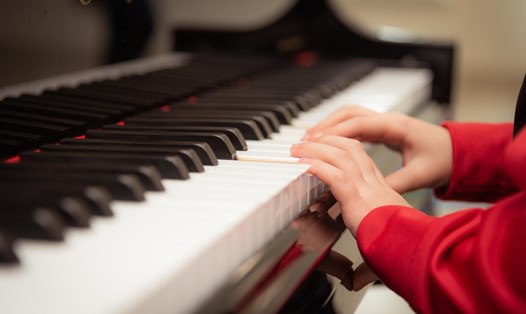When the sound of the piano gradually fades away
Village elder Mau Xuan Diep (71 years old, residing in Son Trung commune, Khanh Vinh district) still diligently searches for bamboo buds every day to make Chapi. Although the instruments he makes are sometimes just for display, his descendants are now more in tune with and exposed to more popular, younger music.
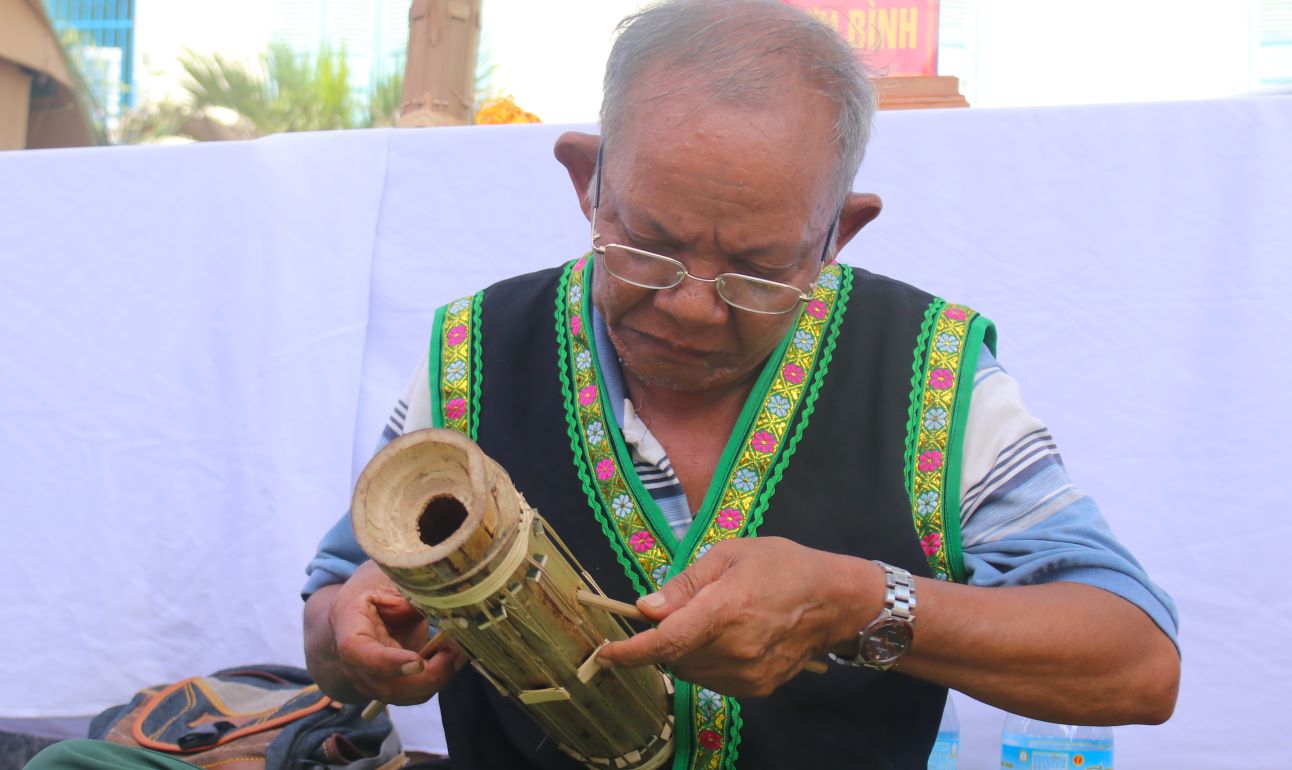
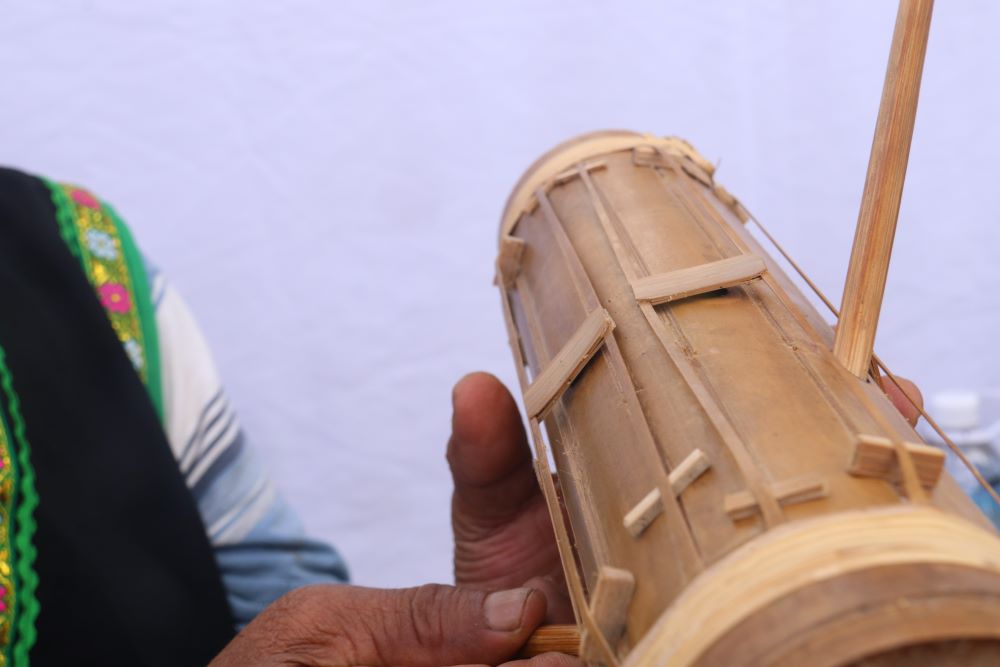
Village elder Diep said: “Currently, in the whole Son Trung commune, there are only 2 people who know how to make this instrument. It takes 2-3 days to make a Chapi. The instrument is made from a bamboo node about 30cm long and less than 10cm in diameter. The bamboo used to make the instrument must not be too old and must be dried in the sun. The most difficult part of making a Chapi is how to separate the tube body to create the strings.”
About 30 years ago, the Chapi always existed in every family and on occasions when villagers gathered together, but now it is only used mainly during festivals.
Unlike the Chapi, the Khanh Son lithophone was discovered in 1977 and is 2,000-5,000 years old. The Raglai people in Khanh Hoa consider the lithophone a treasure. The lithophone is played together with gongs, cymbals, Ma La, and Chapi during worship and festivals.
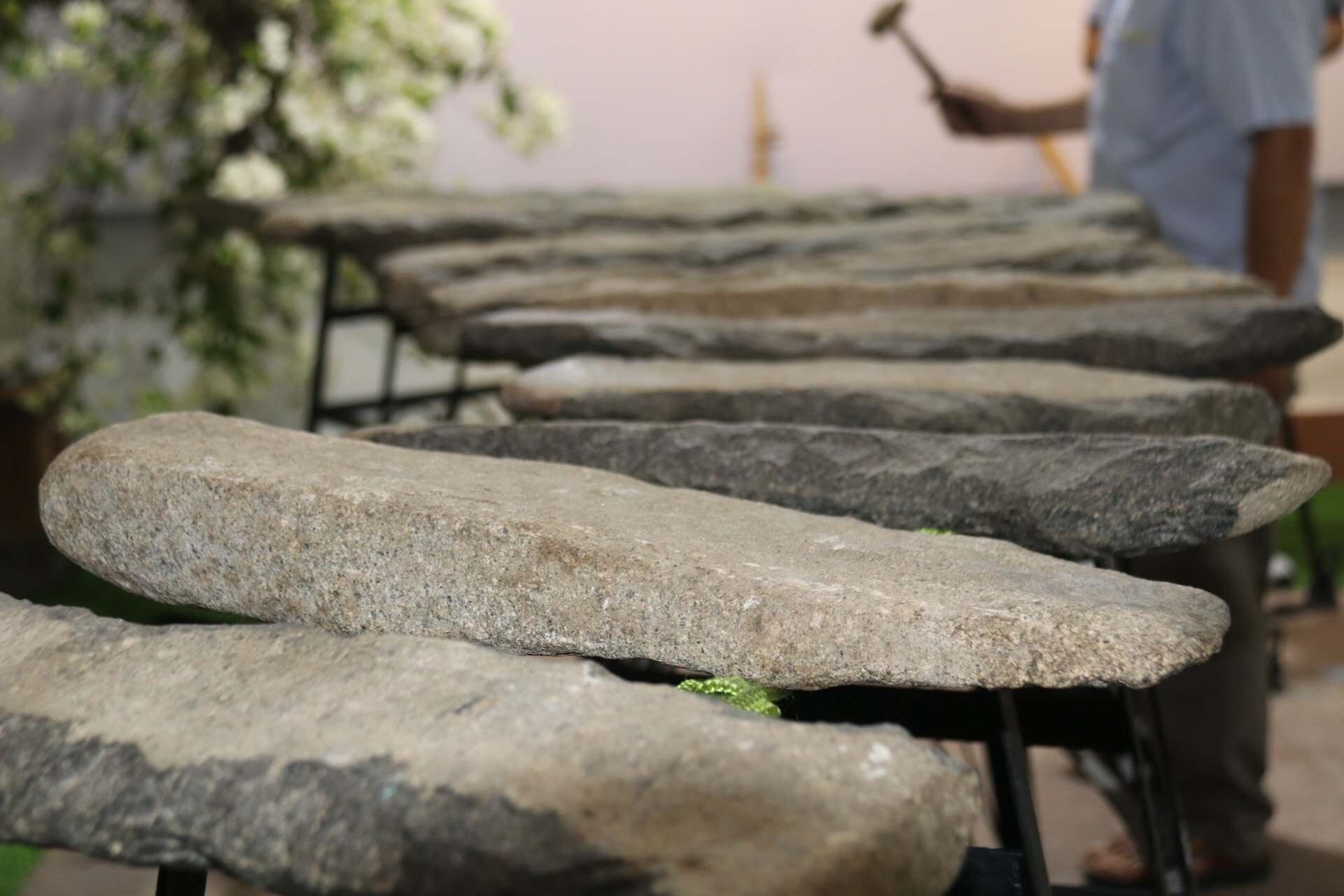
Once an indispensable spiritual food, over time, these musical instruments have gradually become rare in the homes of people in the two mountainous districts of Khanh Son and Khanh Vinh, Khanh Hoa province. To prevent the sound of the instruments from gradually fading away, the village elders and local people are making efforts to pass on the craft to the next generation.
Free traditional musical instrument classes
At the end of July 2024, Khanh Son District People's Committee organized a training class to teach the use of Ma La musical instruments. 26 students, teenagers and Raglai people in Ba Cum Bac and Son Hiep communes went to school with an eagerness to listen to the knowledge passed down from their ancestors.
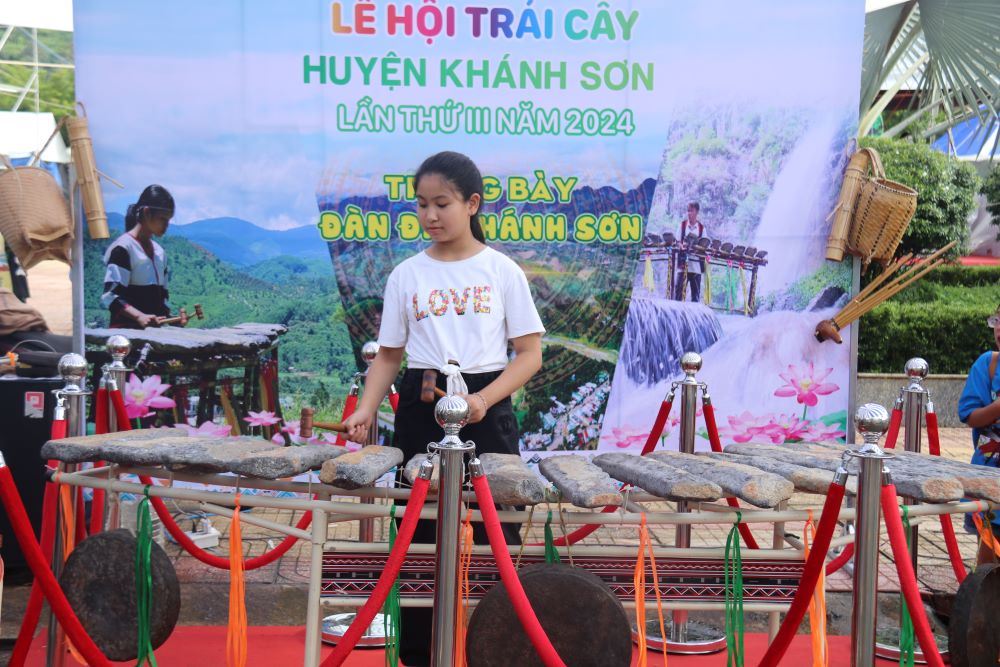
Previously, the locality also organized a training class to teach the use of Khanh Son lithophone for ethnic minorities, officials and civil servants working in culture, sports and tourism; music teachers at schools, students, etc. The 56 students who attended the class for a month brought with them unique knowledge about this thousand-year-old traditional musical instrument.
Free classes on traditional musical instruments taught by experienced village elders. From a few passionate and service-oriented students, the classes have now gradually attracted many Raglai and other ethnic groups.
According to artisan Mau Hong Thai - one of the village elders who is passionate about teaching, playing musical instruments, and passing on the craft of making traditional musical instruments of the Ragla people - what he hopes for is to preserve the cultural identity for the next generation so that the musical instruments can integrate with modernity.
From 2022 to 2024, Khanh Hoa province is implementing many solutions to preserve and promote the fine traditional cultural values of ethnic minorities in association with tourism development. This is the orientation for lithophone, Chapi... to live with modernity.
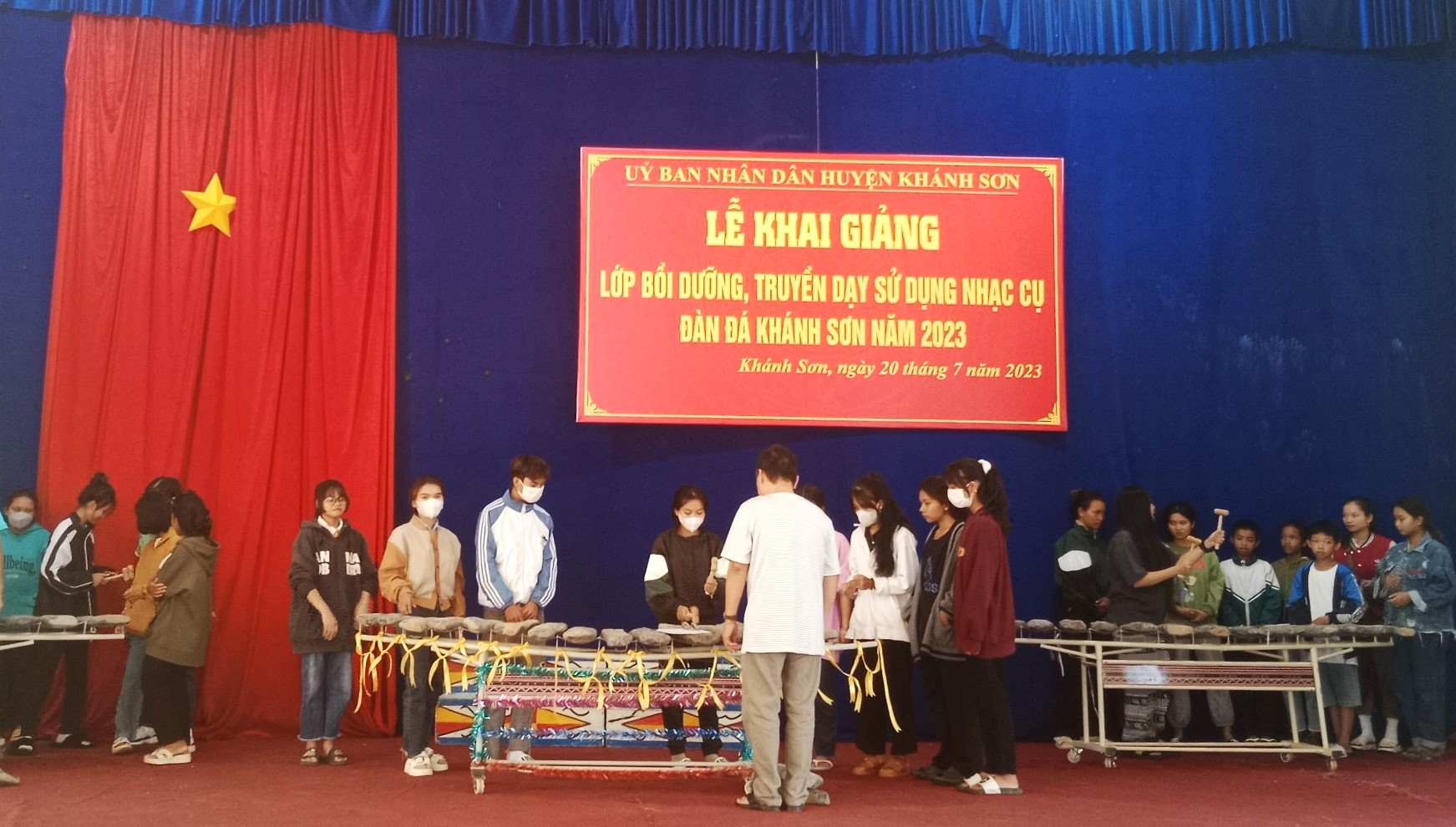
More than 30 ethnic minority artisans are supported by the Department of Culture to propagate and popularize traditional cultural activities and train and nurture successors, and teach intangible culture to communities in Khanh Son and Khanh Vinh districts... Providing 81 sets of Ma La for 81 villages and residential groups in the province.
According to Mr. Dinh Van Dung - Chairman of Khanh Son District People's Committee, the locality is making efforts to create human resources to preserve the unique traditional culture associated with the customs of the people. This is the foundation for building community tourism products, developing sustainable green tourism, aiming to make Khanh Son become an ecological small urban area of mountains and forests.












